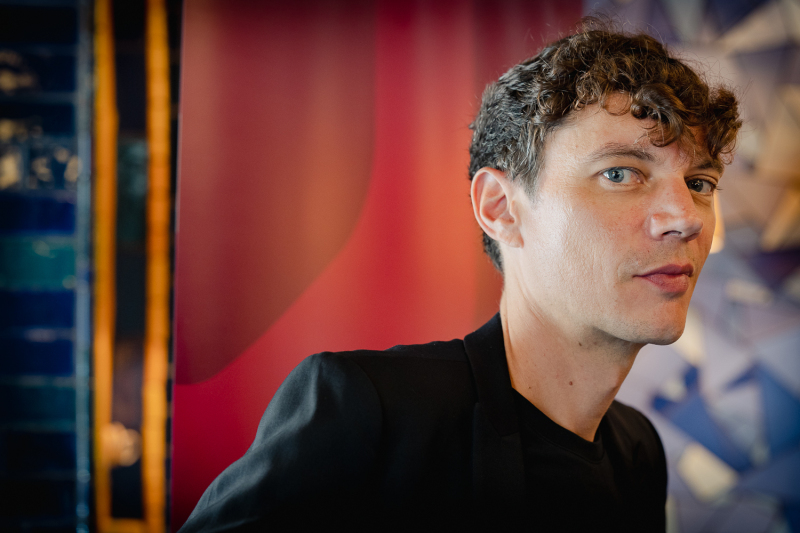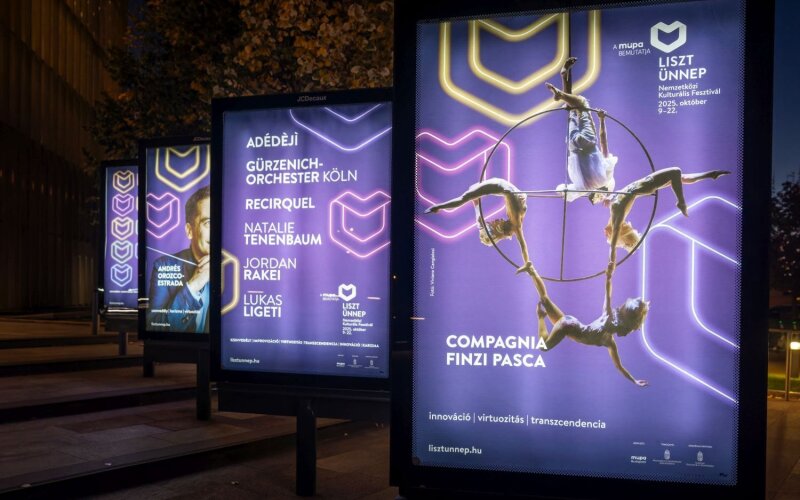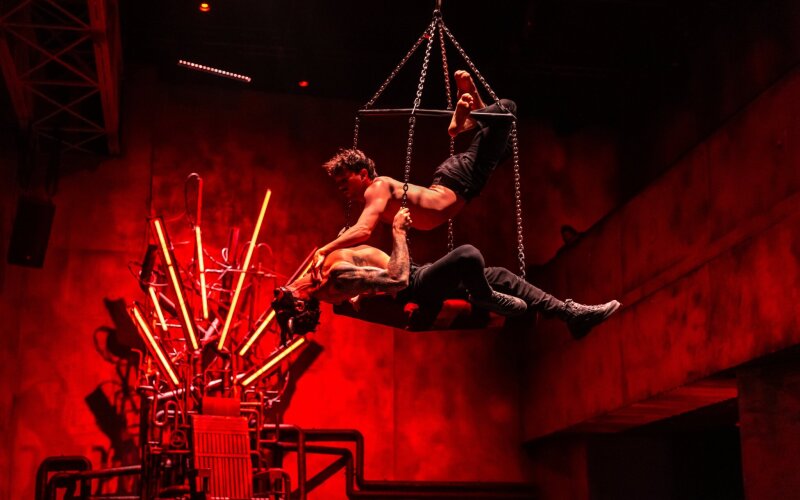In this series, distinguished artists at Liszt Fest tell us what the composer’s art means for them, which works have captured their hearts, and what makes the works they will perform at the festival important to them.
Francesco Tristano was eleven or twelve when he was introduced to the works of Franz Liszt by a pianist friend who was obsessed with the composer’s works for the instrument. He played all the Transcendental Études, which encouraged Tristano to study Liszt’s works in earnest.
“Franz Liszt was an extraordinary figure: a visionary, mystical, perhaps a little mad artist, without whom being a pianist today would be different. For me, the other such artist is Glenn Gould, who stopped giving concerts at the age of 30 to devote his time to recording. Two very dissimilar personalities, yet neither can be ignored,” says Tristano. At his Budapest concert, he will play Liszt’s Nuages gris and Sursum corda alongside his own compositions. “One of the two Liszt pieces is an experimental work, the other requires a romantic, grandiose performance mode,” he explains. “Liszt’s music is very honest and original. It is now extroverted, now inward-looking; it has a vast emotional amplitude. My favourites are those experimental, slightly strange, mysterious works that he wrote during his last period. By this time Liszt had abandoned his earlier virtuoso aspirations and wanted to touch the deepest recesses of our souls.”
Of these works, Tristano is particularly fond of the Sonata in B minor, which he considers a perfect piece. “I would love to play it one day. I’ve studied it a lot, played it to those close to me, but have never performed it at a concert.” Tristano seeks to transport classical works into a contemporary context and find the way to today’s audiences with a fresh performance mode. “Virtuosity was fascinating in the 19th century, but it means little today. Also, the real bravura lies not in being able to play anything extremely quickly and loudly, but in the power of personality. When Liszt played, the audience went crazy for him. That can also be achieved with very subtle, soft playing. I sometimes deliberately play very quietly to draw the audience’s attention right to the piano.” Using electronics is part of this effort.
“I don’t think Liszt’s music and my music enter into a direct dialogue; the concert is more reminiscent of when Liszt played his own works to an audience for two or three hours. The form of doing this, the framework, has remained, but the artists interpret others’ works. I’ll bring my own music to Budapest, and the pieces by Liszt and some other earlier composers, like Frescobaldi and a 16th-century anonymous artist, will be inserted into this ‘flow’.” Tristano believes he has to respect the composer’s ideas, but doesn’t think adherence to the written music is very interesting in itself. “You must make the piece your own; the individual quality is essential and I don’t think it’s incompatible with respect. I trust we will find a common voice with the audience and they can resonate with all this.”




